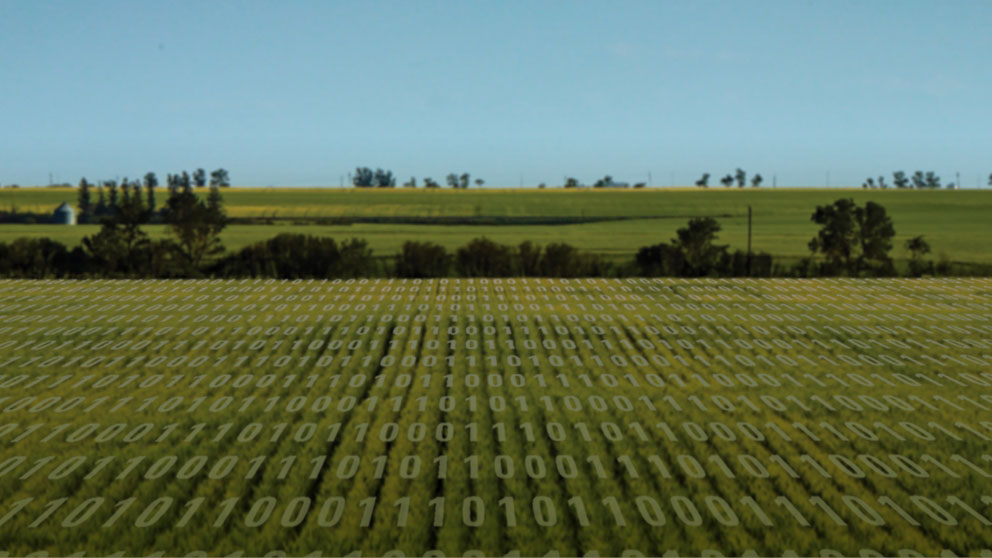Top financial strategies for young farmers

Young farmers need to understand the importance of good record-keeping habits.
Farming is an expensive business to be in, let alone break into. According to financial planning experts, as young farmers work towards ownership, they need to understand the importance of good record-keeping habits, as well as employing creativity in generating value from the business.
Establish good record-keeping habits
Though rather mundane, disciplined record-keeping practices are critical to knowing whether a business is profitable, says Terry Betker, president and chief executive officer for the prairie-based farm management consulting firm Backswath Management Inc.
“It makes it easier to manage a larger business over time. The extension to that is, if you’re actively involved in record-keeping, it builds a base of information and understanding for future decisions,” Betker says.
“Generally, I think it’s about the timing of future cash flow needs. Being busy doing work and making regular payments is one thing – anticipating and preparing for future payments is another.”
Paying GST quarterly is a tactic Yan Lafond, a Manitoba grain farmer, finds particularly helpful in keeping records up to date. Doing so ensures he thinks about finances with greater regularity and prevents him from pushing payments back. His farm business advisors also benefit.
“I use AgExpert and try to do, bare minimum, quarterly updates. I do try to do it a bit more often if I can,” Lafond says.
“Being slightly more organized helps [my advisor] feel more at ease.”
Profitability through creativity
For Colin Sabourin, financial and investment advisor with Harbourfront Wealth Management in Winnipeg, building personal equity should be a priority from day one. Tough as it can be, doing so provides more business management options in the long term.
“Try and put away $10 dollars per acre. Don’t just take the profits and buy a new truck,” he says. “If you’re struggling to get by, the number one priority is trying to make the farm successful.”
Betker expresses the same sentiment, adding the purchase of land — and efficiently paying debt — is one of the most effective options.
Land can be prohibitively expensive in some areas, however. Debt from land and equipment loans, a reality for many, needs to be leveraged in a way supportive of business goals – such as whether a loan will be floated for shorter term sales, or as a long-term asset.
In these cases, Betker encourages young farmers to employ creativity. Buying machinery for custom work, cost-sharing assets with peers in similar circumstances, incorporating a small number of livestock into existing farm infrastructure, and just trying to save money wherever possible are all examples of creative equity-building. Generating off-farm income can also help pay the bills.
Regardless, keeping a budget and managing cash flow is critical.
“Don’t spend all your money. Having some of your own wealth, wherever that is, will be a good thing,” he says. “Equity compounds on itself.”
From an AgriSuccess article by Matt McIntosh.

Finding how to pull your data together in a valuable, profitably way is more important than ever.
